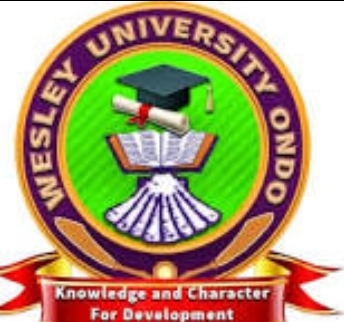A university teacher, Prof. Ibrahim Olateju, has called on the National Universities Commission (NUC) to incorporate virtual space as a criterion for programme accreditation in Nigerian universities.
Olateju, from the Department of Management Technology, Lagos State University (LASU), said this would ensure that institutions are effectively equipped to offer and manage online and hybrid learning environments.
Olateju, in his lecture titled: ‘Balancing innovation and stability in project quality management: The roles of challengers and defenders for sustainable development,’ said the commission should integrate virtual spaces as one of the criteria for programme accreditation in tertiary institutions.
He further emphasised the importance of continuous quality appraisals throughout the training period across all disciplines, saying this approach will further improve teaching and learning, instead of relying solely on end-term evaluations.
“The practice of using a specified calendar for one-off examinations as the primary method of student appraisal should be discouraged. Instead, a more holistic assessment approach should be adopted,” he said.
Olateju recommended reversing the current 30-70 appraisal ratio in favour of continuous assessments, proposing a 70-30 split, noting that this shift will provide a more accurate reflection of students’ abilities and consistent performance over time.
Speaking on the lecture theme, Olateju explained that quality management involves overseeing all activities and tasks required to maintain a desired level of excellence.
“This includes four key components: quality planning, assurance, control, and improvement. The goal of quality management is to ensure that an organisation, product, or service consistently meets specified standards, as well as customer and regulatory requirements,” he said.
On project management, Olateju highlighted the significant role of smart technologies in enhancing sustainability.
“These technologies provide real-time data for decision making, decrease operational defaults, and have notable economic and environmental advantages.
By integrating these roles within quality management frameworks, organisations can optimise processes, reduce inefficiencies, and enhance sustainability.
He concluded that such organisations contribute meaningfully to the achievement of Sustainable Development Goals (SDGs) and secure long-term success.






